Enter a surname, town name or other keyword to search the database. Remember to
allow for the different spellings of 'Mc' and 'Mac.' Good luck!
{Search tips: Use single word search terms for more results}
You must enter some valid character(s) into the search field
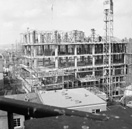
Reference: 48206b
Building and construction of C...
|
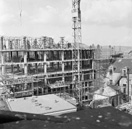
Reference: 48206a
Building and construction of C...
|
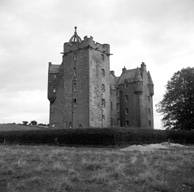
Reference: 1915b
Castle Stuart. The land the ca...
|
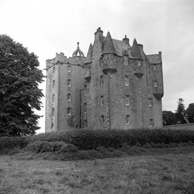
Reference: 1915a
Castle Stuart. The land the ca...
|
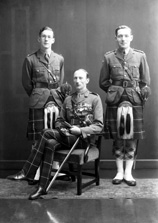
Reference: 43283j
Brigadier Eneas Grant, born 19...
|
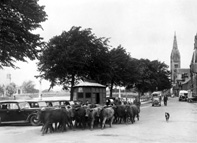
Reference: H-0289
Cattle being herded passed the...
|
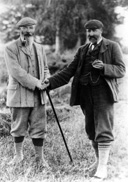
Reference: cuj001
Gamekeeper David Sutherland wi...
|
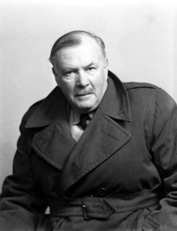
Reference: 43759b
Sir Michael William Selby Bruc...
|
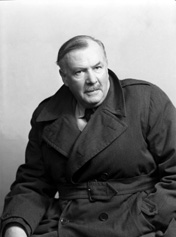
Reference: 43759a
Sir Michael William Selby Bruc...
|
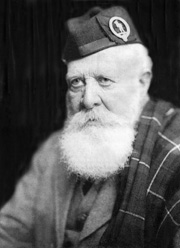
Reference: H-0258
Osgood Hanbury Mackenzie (1842...
|
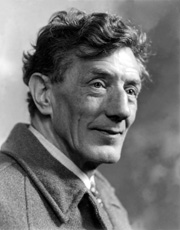
Reference: H-0242
Joe Corrie (1894-1968) was a S...
|
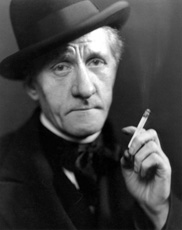
Reference: H-0240
Frederick Charles Hannen Swaff...
|